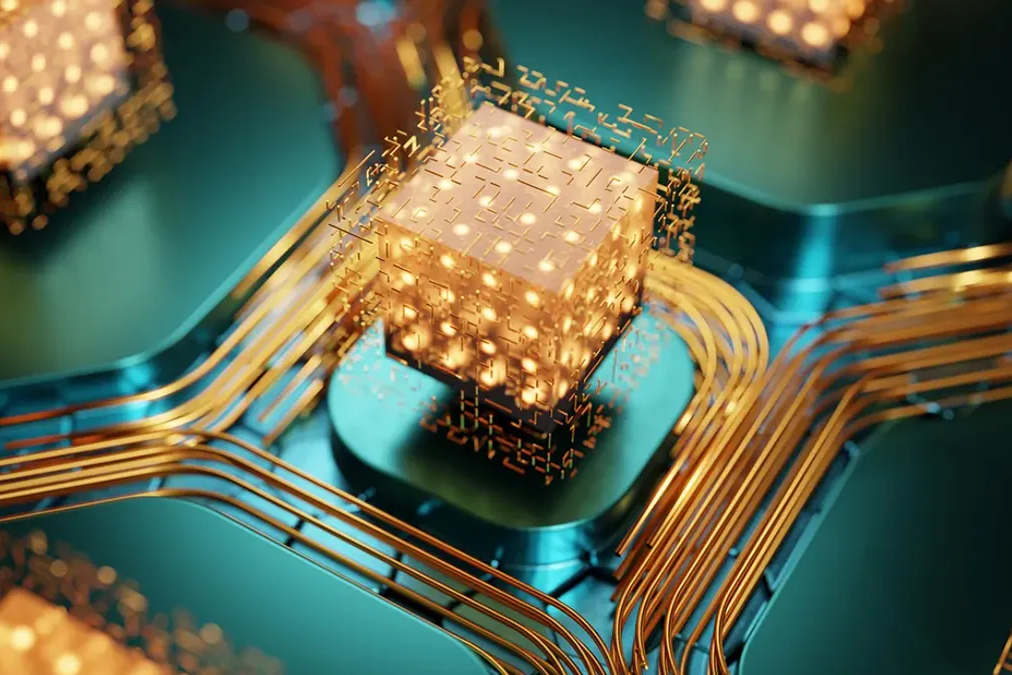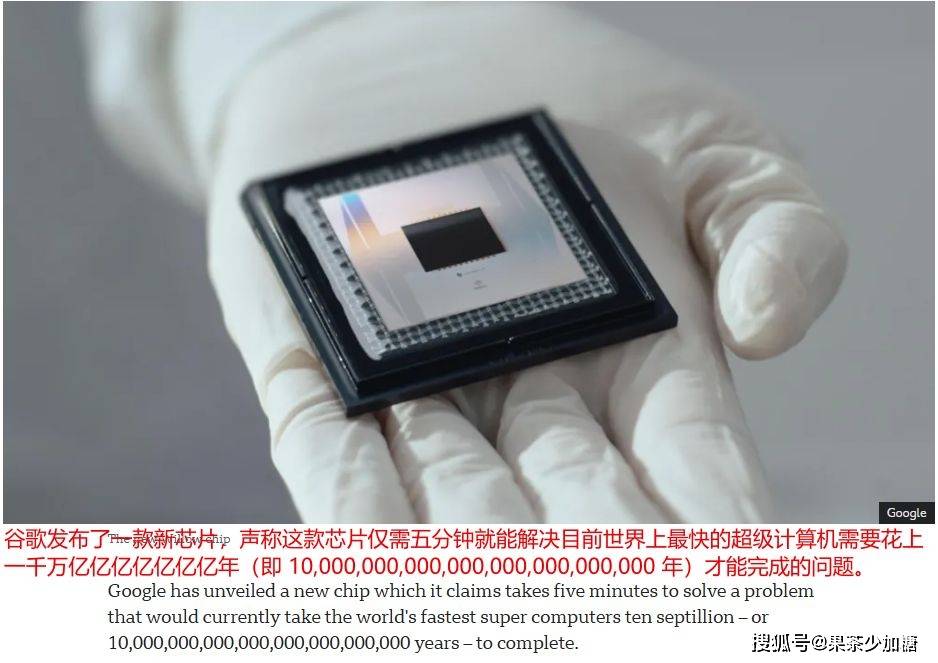Google's Quantum Computing: The Next Big Tech Breakthrough?
What if the computer in your hand becomes so smart that it not only solves math problems in a flash but even predicts your questions before you ask them? Let’s explore how Google is turning computing into something magical through the incredible efficiency of quantum technology.

The computers we use daily operate by processing “0s” and “1s,” much like choosing between an “on” or “off” state. Quantum computing, however, leverages some of the peculiar phenomena of quantum mechanics to allow computers to process both “0” and “1” simultaneously or even a superposition of the two states. Imagine you’re solving a math problem. Traditional computers tackle them one at a time, much like slowly working through a math test. Quantum computers, on the other hand, can tackle ten problems at once, dramatically increasing efficiency. This is the magic of quantum computing.
Google’s research into quantum computing has moved beyond the lab and is now approaching real-world applications. Picture a chef who no longer relies on traditional pots and pans to cook but has discovered an entirely new way of preparing meals—not just one dish at a time but several at once. However, mastering this new “culinary skill” is no small feat. Quantum computing requires breakthroughs not just in technology but also in algorithms and hardware to achieve the results we anticipate.

For instance, Google’s quantum computer “Sycamore” has already achieved “quantum supremacy,” completing in 200 seconds a computation that would take a supercomputer 10,000 years to finish. If quantum computers are like a special oven, then the “ingredients” we use are quantum bits or qubits. Traditional computers use regular bits, which can only be 0 or 1, much like baking with either flour or sugar. Qubits, however, are like a mixture of flour and sugar, existing in a superposition of both states. This superposition enables quantum computers to perform multiple operations simultaneously.

But using a quantum computer’s “oven” is no easy task. These systems are extremely sensitive to external interference—even a tiny bit of noise can disrupt calculations. It’s like trying to cook while someone loudly talks next to you, ruining the flavour of your dish. Qubits must remain in an extremely precise state to function correctly, and even minor changes in temperature, magnetic fields, or electromagnetic interference can lead to errors.
To address these issues, quantum computers must operate in environments close to absolute zero—conditions so extreme that it’s like putting a refrigerator inside another refrigerator.
Quantum computing is like the “magic of the future” in the world of technology. While it may seem far from our daily lives now, continuous advancements in the field could soon bring it into the spotlight. Just as smartphones revolutionised how we interact with technology, quantum computing could transform our relationship with computing entirely.
Although this key is still being developed, its potential is limitless. Who knows? Shortly, we might rely on quantum computing to solve problems that currently seem insurmountable.
(Writer:Tick)


